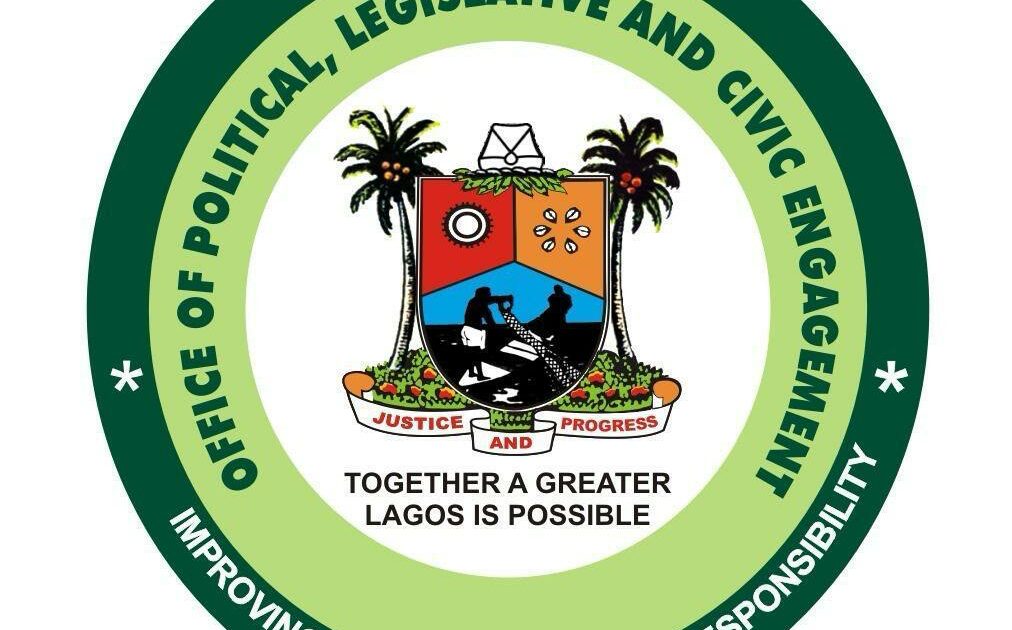The Office of Political, Legislative and Civic Engagement in Lagos State recently organized a one-day Political and Social Inclusion Sensitisation and Engagement Programme aimed at promoting inclusive governance and civic responsibility within grassroots communities. The event, held in the Aiyetobi Community of the Oke-Odo Local Council Development Area, sought to bridge the gap between the government and the people, empowering residents to actively participate in the governance structure. The initiative reflects a growing recognition of the importance of citizen engagement in fostering sustainable development and building stronger democracies.
This engagement program served as a platform to inform residents about government policies, programs, and initiatives, emphasizing the crucial role they play as co-creators of public policy, not just passive beneficiaries. Dr. Afolabi Tajudeen, the Special Adviser to the Governor on Political, Legislative and Civic Engagement, represented by Dr. Babatunde Omotayo, Director of the Citizens Engagement Department, underscored the necessity of citizen input for effective and sustainable governance. He encouraged participants to actively engage, voice their concerns, and contribute solutions, envisioning Lagos as a model of inclusive governance where citizen voices are central to decision-making processes.
The program was designed not just as a one-way flow of information from the government to the people, but rather as a two-way dialogue. It created a space where residents could directly interact with government representatives, ask questions, express their concerns, and offer suggestions for improvement. This approach reflects a shift towards participatory governance, recognizing that effective solutions require the active involvement of those directly affected by policies and programs. By fostering this two-way communication channel, the government aimed to build trust and mutual understanding, enhancing its responsiveness to the needs of the community.
The event’s impact was evident in the positive responses from participants. Akinboyewa Bolarinwa expressed appreciation for the initiative, acknowledging its value in making government policies more accessible to the public. Another participant, Ayobola Bakare, highlighted the crucial role of information access, noting how her past challenges were exacerbated by a lack of awareness about beneficial government schemes. She pledged to engage more actively with these programs moving forward, demonstrating the program’s success in empowering citizens to take ownership of their roles within the governance structure. These testimonials underscore the practical value of such engagement programs in bridging information gaps and empowering citizens.
A key aspect of the program was the provision of on-the-spot registration for important government initiatives. Representatives from the Lagos State Residents Registration Agency and the Lagos State Health Management Agency were present to facilitate immediate enrollment in key programs. This practical approach ensured that residents could directly benefit from the information provided, thereby converting awareness into action. The seamless integration of service delivery with the sensitization program added significant value, removing potential barriers to access and encouraging active participation. This strategic combination of information dissemination and service provision amplified the program’s overall impact.
The Political and Social Inclusion Sensitisation and Engagement Programme represents a commendable effort towards building a more inclusive and participatory democracy at the grassroots level. By facilitating direct interaction between government officials and community members, the program fosters open communication, promotes transparency, and empowers citizens to actively shape their governance landscape. The inclusion of on-the-spot registration for key government programs further enhances the program’s practical impact, transforming passive recipients of information into active participants in the governance process. Such initiatives are vital for strengthening democratic values, improving service delivery, and building stronger, more resilient communities. The success of this program can serve as a model for similar initiatives, promoting effective citizen engagement and fostering a more inclusive and responsive governance framework.


